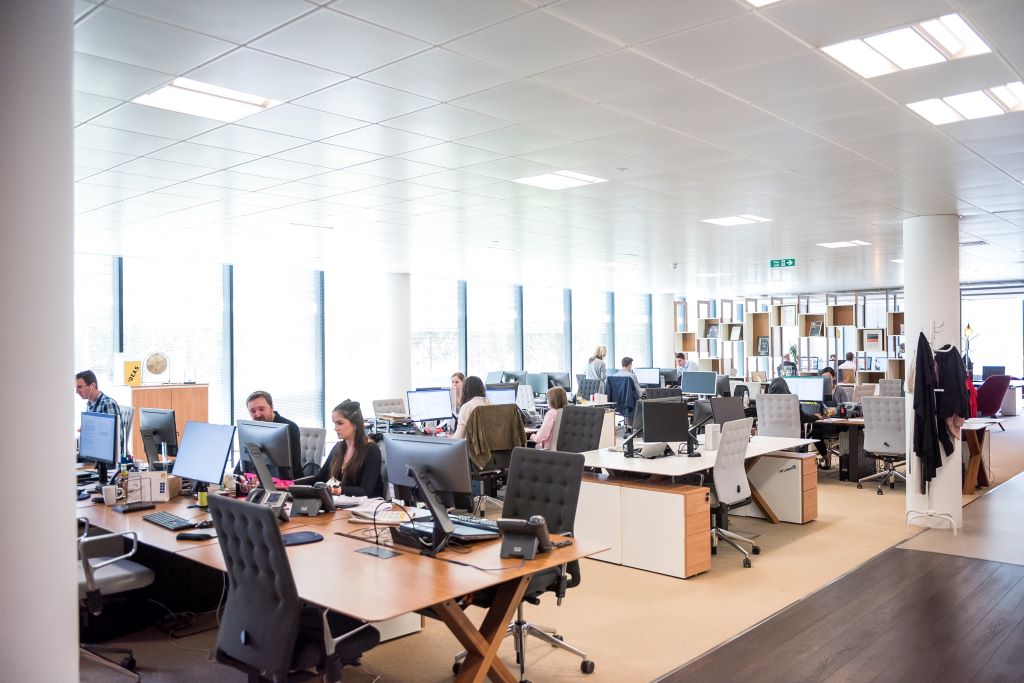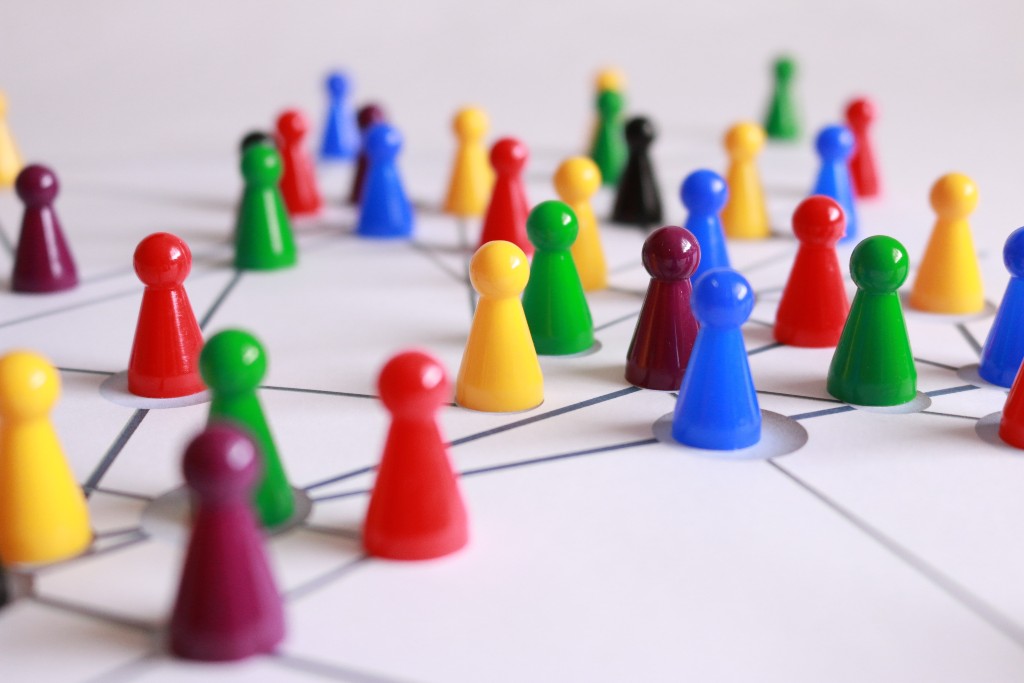Ready to take your Zoom calls from the Italian countryside, or perhaps the Dolomites? La Dolce Vita is within reach for a digital nomads for the first time ever. Italy is preparing their digital visa for highly skilled, non-EU citizens. Is Italy calling your name?
What else matters this week?
Fast fashion company SHEIN becomes the new top-valued brand after its valued at $100 billion in funding round.
Carmakers in Europe and beyond are facing supply chain challenges amid Russia’s war on Ukraine.
An important step in neurodiversity inclusion: LinkedIn adds dyslexic thinking as a skill.
The U.S. added 413,000 jobs last month, up 4.5% from last year.
Workers in New York formed the first-ever Amazon union in the U.S.
We’ve got a full breakdown of all the top headlines you can’t miss this week.
#1. Looking to live la dolce vita? Try out Italy’s new digital nomad visa.
Looking to live the Italian dream? La dolce vita is within reach for the first time ever for thousands of digital nomads. Italy is introducing a new visa specifically for highly qualified, non-EU digital nomads. That means taking your calls from the Italian countryside, or your apartment by the beach. The new permit, which still needs to be signed into law, will allow non-EU nationals (including UK residents and citizens) to live and work in Italy.
Italy joins a growing list of countries preparing and offering digital nomad visas, including Cyrpus, Malta, and more. The new bill would also allow residents of Italy to benefit from a 90% income tax exemption. Read more at Travel + Leisure.

#2. Thousands of UK workers to join four-day work week trial.
Is the four-day work week the future of work? We’re at a unique point in history where we have a chance to redefine what work means for us. What’s thought to be the biggest trial of a shorter working week will run this June. That means organizations participating in the four-day work week will focus on output instead of hours.
In the U.K., more than 60 companies will participate. In the U.S., more than 3,000 workers will take part – including office-based workers and non-office-based workers. Those participating come from a wide variety of businesses, including a brewery, a fish and chip shop, marketing firms, and car parts suppliers, to name a few.
Could a four day work week help better attract and retain staff? Read more at the Guardian.

#3. COVID has revamped what makes a good CEO.
What does it mean to be a “good” CEO?
The pandemic has accelerated a revamp in what it means to be an effective global leader, and it’s arguably one of the most important decisions for corporate boards moving forward. Boards are having to rethink the skills they want in a top leader, especially in light of the digital transformation, flexible/remote work schedule, and the overall changing nature of the world of work.
Even the most innovative strategies or best financial plans might not pan out without the right leader as CEO. Starbucks, for example, is hoping that bringing back founder and former CEO Howard Schultz will help smooth out their push to unionize. Read more at CNBC.

#4. Why we need trauma-informed workplaces.
For the past two years, we have all been experiencing collective trauma. It’s not a new concept: in fact, studies show that six in 10 men and five in 10 women experience at least one trauma during their lives.
But those lines between work and home have been blurring over the course of the pandemic, and as a result, we’ve seen a fundamental shift in our expectations of the place we work each day. But organizations have struggled to provide the appropriate support and leadership for their workers.
That’s why it so important for leaders to build trauma-informed workplaces. That means building a workplace that operates with an inherent understanding of trauma and its effect on employees. Read more at Harvard Business Review.

#5. One way to improve your mental health? Go to the pub.
The two most important places in a person’s life are home and work. But that isn’t all you need to maintain strong social connections and combat mental health problems. Cafes and pubs may also be good for your health.
These “third places” provide valuable social connections that help fight isolation and loneliness. It doesn’t have to be a pub, either. These “third places” can include religious centers, restaurants, libraries, and community centers. Yet over time, these third places have been dwindling. The number of pubs in the U.K. has dropped since the 1980s, and a similar story is true for cafes in France and social centers in the U.S. Read more at Forbes.




